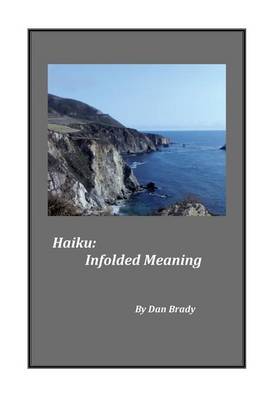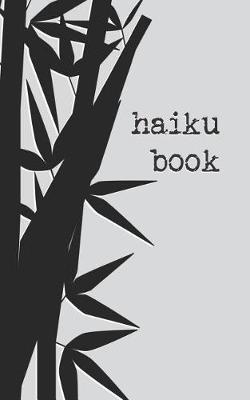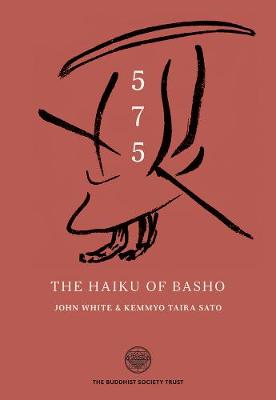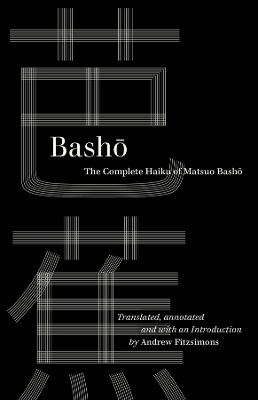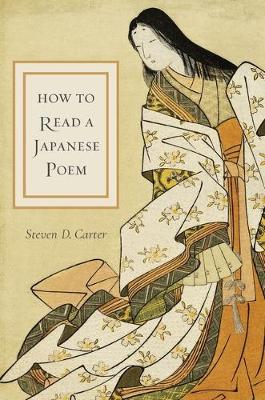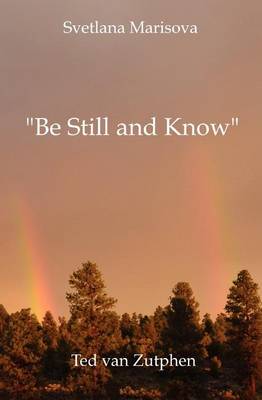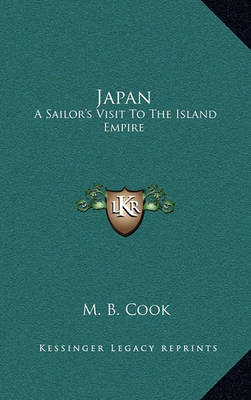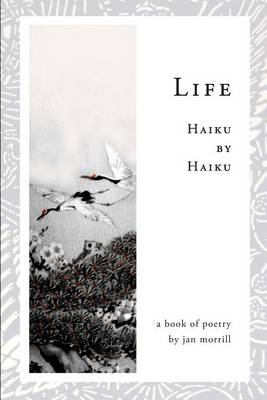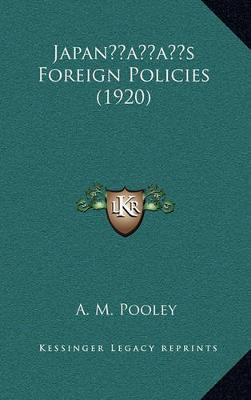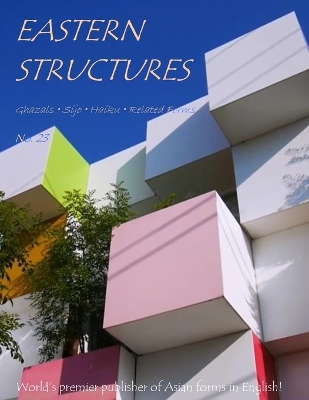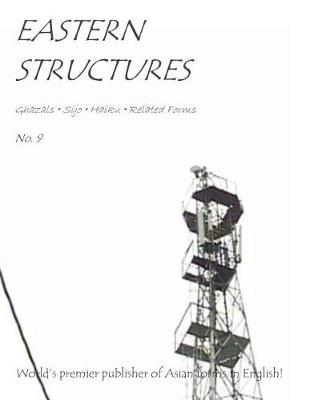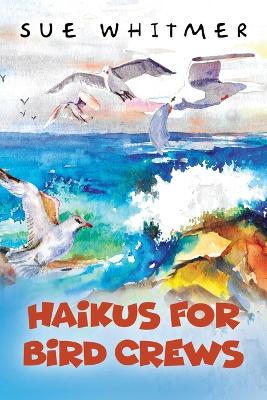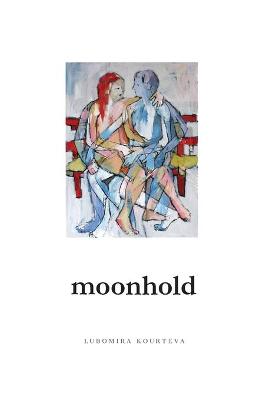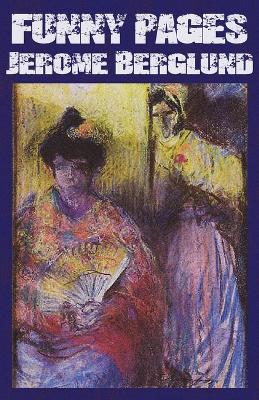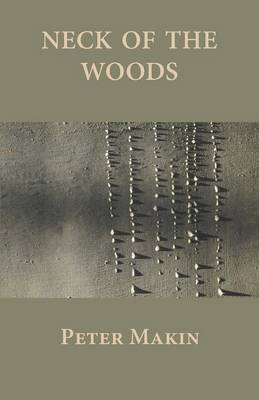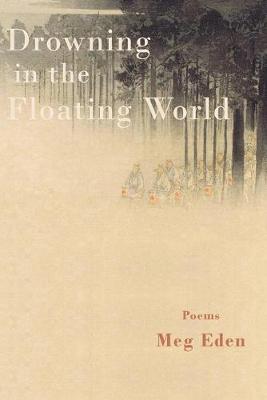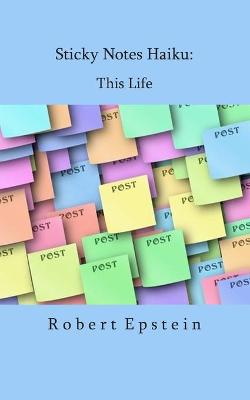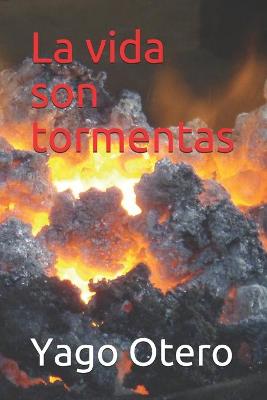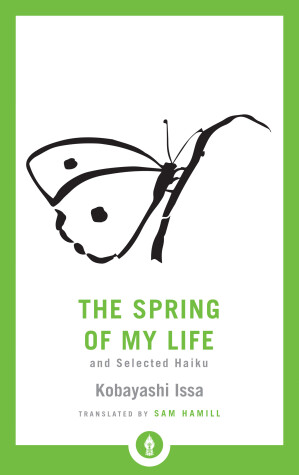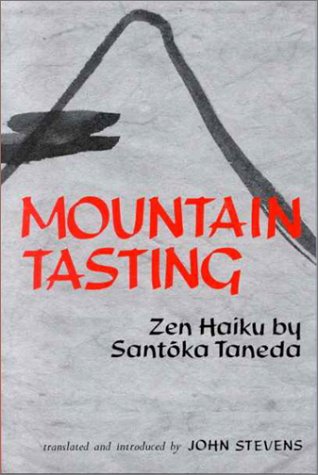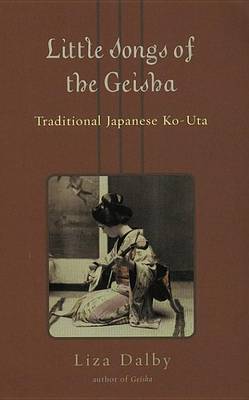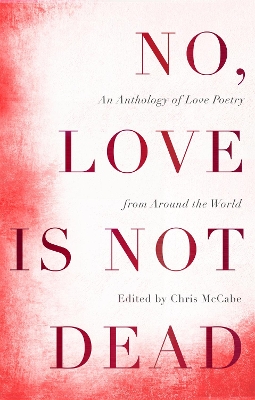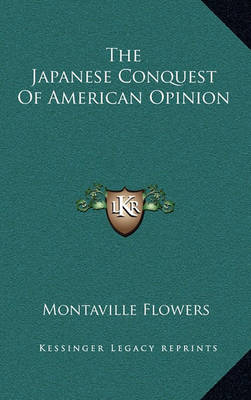Matsuo Basho (1644-1694) is widely acknowledged as the greatest of all the Japanese haiku poets. In the original Japanese, the two defining features of the haiku form are its 5-7-5 sound unit format (the syllable being the corresponding unit in English) and its rhythm. This selection of three hundred of Basho's finest haiku represents the first successful strict translation into English haiku of what was actually written, some 350 years ago, by a genius of the form. The renditions are beautiful;...
This is the essential English edition of the complete poems of the eminent Japanese master of the haiku, Matsuo Bashō. Matsuo Bashō (1644–1694) is arguably the greatest figure in the history of Japanese literature and the master of the haiku. Bashō: The Complete Haiku of Matsuo Bashō offers in English a full picture of the haiku of Bashō, 980 poems in all. Andrew Fitzsimons’ translation is the first to adhere strictly to form: all of the poems are translated following the syllabic count of t...
How to Read a Japanese Poem offers a comprehensive approach to making sense of traditional Japanese poetry of all genres and periods. Steven D. Carter explains to Anglophone students the methods of composition and literary interpretation used by Japanese poets, scholars, and critics from ancient times to the present, and adds commentary that will assist the modern reader. How to Read a Japanese Poem presents readings of poems by major figures such as Saigyo and Basho as well as lesser known poe...
Eastern Structures No. 23 (Eastern Structures)
by Emma Lee, Gail Foster, and Mace Hosseini
Eastern Structures No. 9 (Eastern Structures, #9)
by Eric Torgersen, Priscilla Lignori, and James Lignori
The Spring of My Life (Shambhala Pocket Library)
by Sam Hamill and Issa Kobayashi
An autobiographical blend of prose and haiku from one of Japan's greatest poets. Kobayashi Issa (1763–1827), along with Bashō and Buson, is considered one of the three greatest haiku poets of Japan, known for his attention to poignant detail and playful sense of humor. Issa’s most beloved work, The Spring of My Life, is an autobiographical sketch of linked prose and haiku in the tradition of Bashō’s celebrated Narrow Road to the Interior. This edition also includes more than 160 of Issa’s most...
Mountain Tasting gathers a wide cross section of haiku and a selection of the diaries of the wandering Japanese poet, Santoka (1882-1940). Santoka lived his life in the long zen hermit wandering poetic tradition of Japan that includes Basho, Ryokan and Saigyo. His zen practice was that of solitary walking and begging. The open road was to become both his
Silver Medal Winner for Poetry at the 2022 Nautilus Book Awards.A powerful new anthology depicting how love over the past two-and-a-half millennia has found its expression in the words of the world's greatest poets.No, Love Is Not Dead is a timely affirmation of the great linguistic diversity of poetry and its ability to express passionate love, the most extreme of human emotions. With influential, award-winning poets including Kim Hyesoon, Laura Tohe and Warsan Shire, and languages ranging from...
The Japanese Conquest of American Opinion (Asian Experience in North America)
by Montaville Flowers
